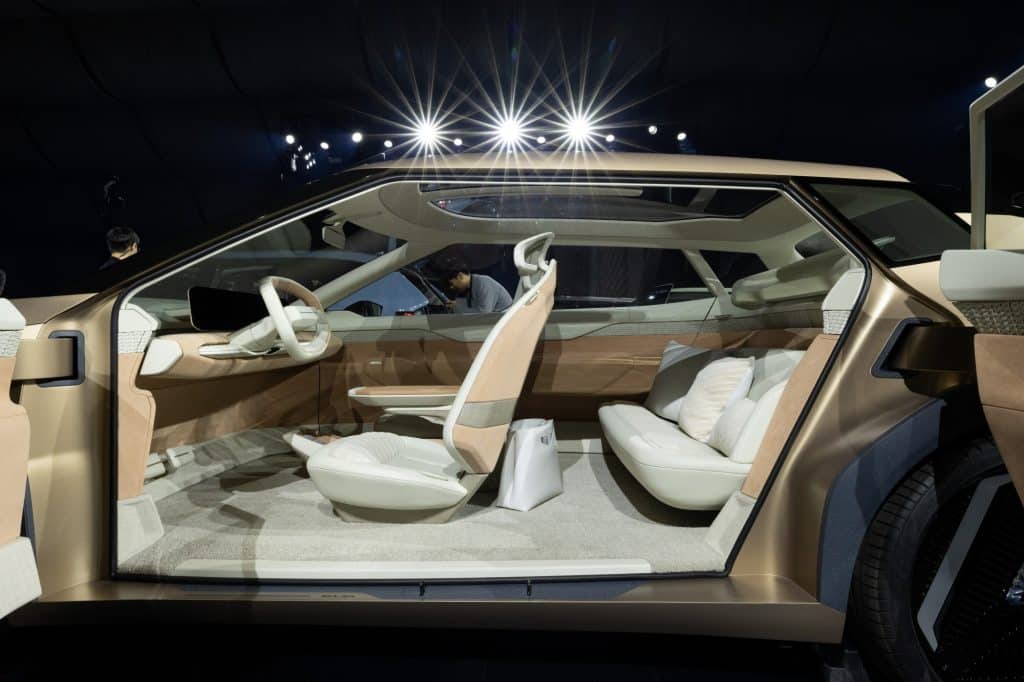Kia has revealed a compact electric SUV and two concept electric vehicles (EVs) as part of its efforts to offer more affordable models for budget-conscious customers.
The new EV5, designed for millennial families, was unveiled during an “EV Day.” In the Chinese market, the standard model will feature a 64-kilowatt-hour battery with a range of 530 kilometers, while the long-range version will have an 88-kilowatt-hour battery, providing 720 kilometers per charge.
Kia’s South Korean models will come with slightly smaller batteries, with the driving range adjusted to meet market demands. The EV5 is equipped with two 31-centimeter screens for instrument displays and infotainment, along with a 12.7-centimeter climate control display. The Chinese version will have a front bench seat, and the rear seat can be folded flat to convert into a bed. Additionally, it includes a 4-liter refrigerator and warming unit for storing food and drinks. Production of these vehicles is expected to begin around 2025 in Chinese and Korean factories.
Kia also presented two concept cars, the EV3, a compact version of its flagship EV9, and the EV4, a four-door sedan with a sportier appearance. These models are part of Kia’s strategy to introduce smaller, more affordable EVs with prices ranging from $35,000 to $50,000 to promote the widespread adoption of electric vehicles. High-end models may go up to $80,000.
Kia recently introduced its most affordable EV, the single-seat Ray, priced starting at $20,000, available only in South Korea. In contrast, Tesla began selling its Chinese-made Model Y SUV in Korea earlier this year, with prices starting around $42,550, dropping to about $37,000 with government subsidies and even lower in cities offering extra EV incentives.
Kia aims to sell 1.6 million EVs by 2030, and to achieve this goal, it plans to have eight production facilities by 2025. In Europe, Kia will focus on manufacturing small- and medium-sized EVs, while mid- and large-sized vehicles will be produced in China. In India, the company plans to offer EV models tailored for emerging markets.
To further lower EV prices, Kia is considering different sales strategies, such as selling vehicles without batteries, which customers can rent separately. Battery prices are expected to decrease significantly by 2025, making EVs more affordable.

Kia, along with Hyundai Motor, has sold around 374,000 EVs in the first eight months of 2023, ranking seventh globally. However, their combined market share in the global EV market, including electric and plug-in hybrid vehicles, has fallen to 4.3% this year from 5.4% in 2022, largely due to the growth of China’s BYD.
Kia may also introduce a compact model, the EV2, in Europe, which could benefit from the European Union’s investigation into China’s EV subsidies, possibly leading to tariffs on Chinese-made cars and helping the South Korean company gain market share.
These initiatives align with Kia’s broader strategy to offer a range of electric vehicles that cater to various customer needs and price points.



